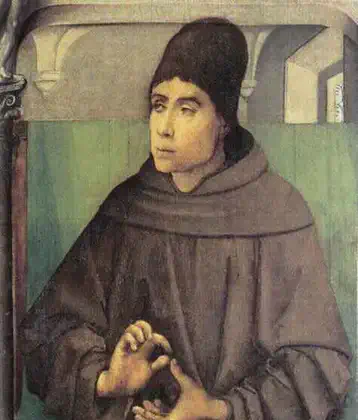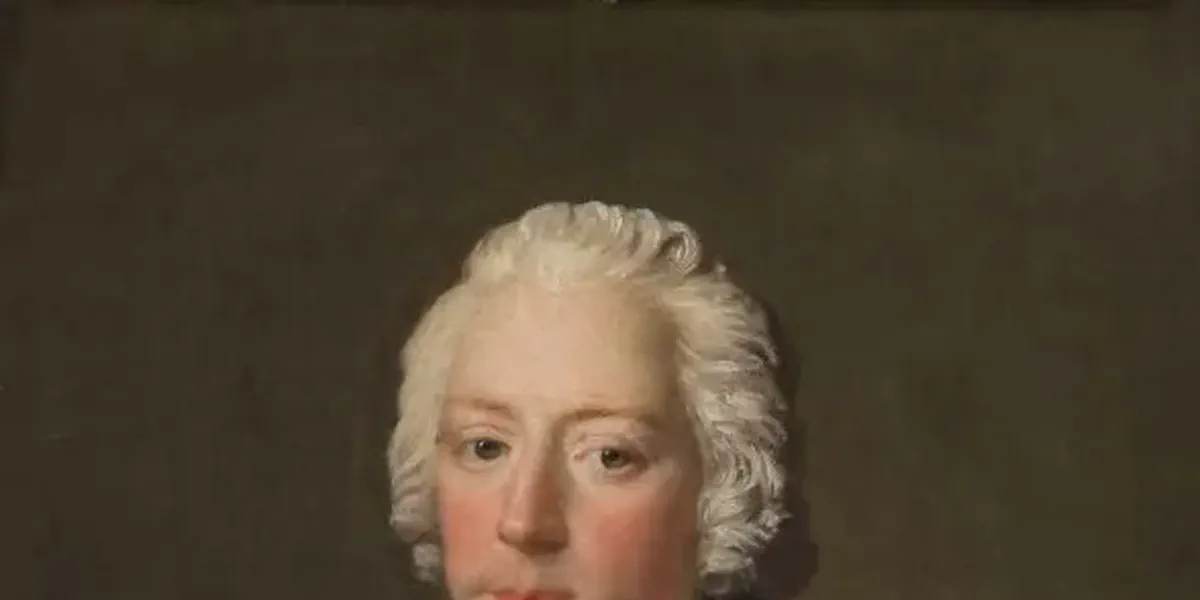
Charles Stuart, who is often referred to as “Bonnie Prince Charlie” or “Charles Edward Stuart”, " The Young Chevalier" or “The Young Pretender”, was a member of the House of Stuart and a claimant to the British throne.
He was the leader of the Jacobite cause, which sought to restore the Catholic Stuart monarchy in the United Kingdom. Charles Stuart’s invasion of England in 1745 is a significant historical event known as the Jacobite Rebellion or the Forty-Five Rebellion.
In July 1745, Charles Stuart landed in Scotland, and he garnered significant support from Scottish Highland clans who were loyal to the Stuart cause. His aim was to overthrow the reigning House of Hanover, represented by King George II, and place his father, James Francis Edward Stuart, on the throne.
Charles Stuart’s Jacobite army made its way into England in November 1745, reaching as far south as Derby. However, facing logistical challenges and increasing opposition, Charles decided to retreat back to Scotland in December 1745. The Jacobite Rebellion ultimately ended in defeat at the Battle of Culloden in April 1746, where Charles’s forces were decisively defeated by British government troops.
Following the defeat at Culloden, Charles Stuart went into hiding, and his subsequent escape, including the famous journey over the Scottish Highlands and the Outer Hebrides, became the stuff of legend. Charles Stuart’s rebellion marked the last major attempt to restore the Stuart monarchy in the United Kingdom, and it had profound consequences for Scotland and the Highlands, leading to the suppression of Highland culture and the dismantling of the traditional clan system.
Jacobitism
Jacobitism was the political movement dedicated to the restoration of the Stuart kings to the thrones of England and Scotland (and after 1707, Great Britain). The movement took its name from the Latin form Jacobus of the name of King James II and VII. Jacobitism was a response to the deposition of James II and VII in 1688 when he was replaced by his daughter Mary II jointly with her husband William of Orange. The Stuarts lived on the European continent after that, occasionally attempting to regain the throne with the aid of France or Spain.
The Jacobite cause was still supported by many Highland Clans, both Catholic and Protestant, and the Catholic Charles hoped for a warm welcome from these clans to start an insurgency by Jacobites throughout Britain, but there was no immediate response. Charles raised his fathers standard at Glenfinnan and there raised a large enough force to enable him to march on the city of Edinburgh, which quickly surrendered.
On 21 September 1745 he defeated the only government army in Scotland at the Battle of Prestonpans, and by November was marching south at the head of around 6,000 men. Having taken Carlisle and progressed as far as Derby, he found himself beset by conflicting advice and decided to turn back. Now he was pursued by the kings son, the Duke of Cumberland, who caught up with him at the Battle of Culloden on 16 April 1746, and inflicted a heavy defeat on the half-starved and demoralised Jacobite army.
More From This Day

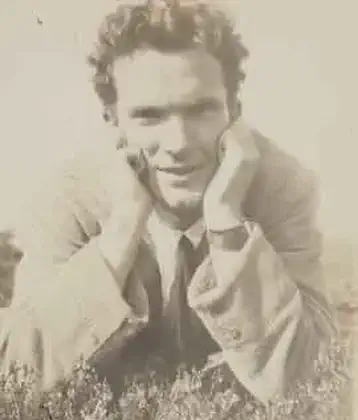
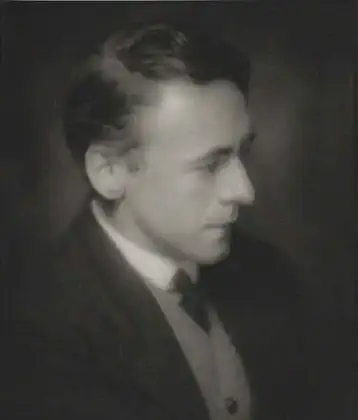
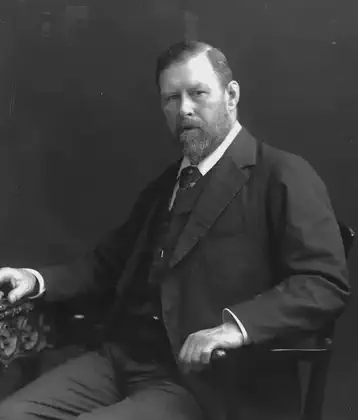
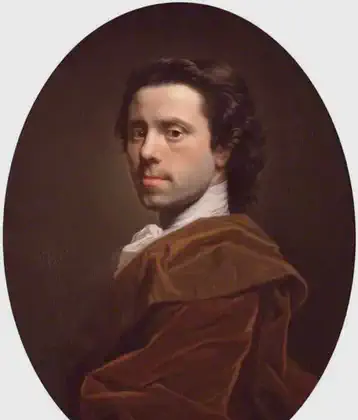
Allan Ramsay's First regular public theatre in Scotland opened in Carrubbers Close, Edinburgh
November 08, 1736
